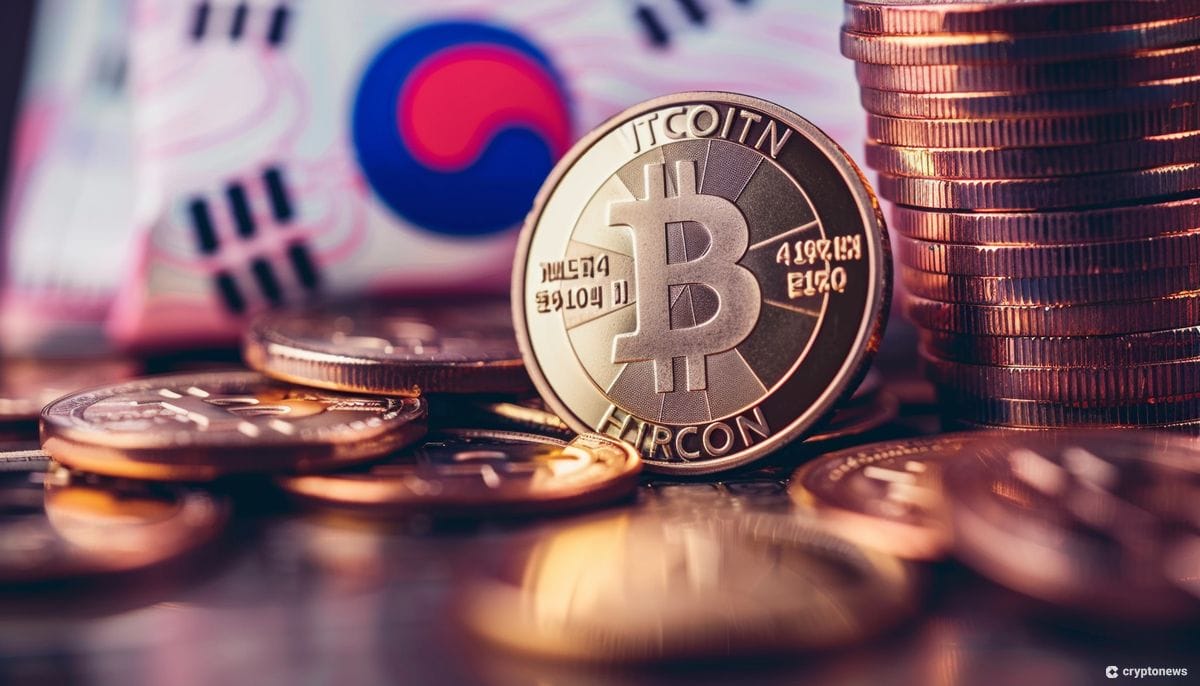
South Korea is set to introduce stricter regulations for token listing on exchanges, including the blocking of tokens that have been hacked.
The country’s financial authorities are preparing to release guidelines for virtual asset trading support, expected to be published by the end of this month or early next month, according to a report by News 1.
The Financial Supervisory Service has been working on these listing guidelines since the second half of last year, gathering input from exchanges such as the Digital Asset Exchange Association (DAXA), the report said.
While DAXA had previously prepared joint listing review guidelines, it was deemed necessary for the authorities to establish their own standards ahead of the implementation of the Virtual Asset User Protection Act in July.
According to news1, South Korea’s financial authorities will issue new guidelines to impose stricter regulations on tokens listed on CEXs. Tokens that have been hacked and have not yet resolved security issues may be blocked from listing, and may be forced to design specific…
— Wu Blockchain (@WuBlockchain) April 5, 2024
Hacked Tokens Can’t be Listed on South Korean Exchanges
The upcoming guidelines specify that virtual assets with a history of hacking or security incidents will not be eligible for listing unless the cause of the incident has been adequately explained and the damages have been recovered.
In recent months, several hacking incidents have targeted domestic virtual asset projects, resulting in the compromise of coins such as Galaxia (GXA), Orbit Chain (ORC), Somesing (SSX), and Play Dapp (PLA).
These coins were delisted from DAXA-affiliated exchanges due to the failure to properly identify the cause of the hacks.
Galaxia was an exception as it managed to recover the damages through a “buyback” scheme and continued to be supported for trading on Gopax.
However, going forward, re-listing will likely be impossible for assets that have experienced hacking incidents without a clear identification and resolution of the causes.
Furthermore, the guidelines state that for overseas virtual assets to be listed, there must be a white paper or technical manual available for domestic use.
An exception provision has been included for virtual assets traded on overseas exchanges for more than two years.
In such cases, certain criteria in the listing guidelines can be skipped.
New Guidelines Explain Delisting Standards
The report said the guidelines also outline standards for delisting.
For instance, if a virtual asset project fails to comply with disclosure obligations, it will be delisted.
One common example is a discrepancy between the actual distribution volume and the publicly announced distribution volume.
While the contents of the listing guidelines have been largely finalized, the exact announcement schedule is not clear yet.
Last month, South Korea’s chief of the financial watchdog revealed that authorities are discussing the potential approval of spot Bitcoin exchange-traded funds (ETFs) in the country.
Lee Bok-hyun, governor of the Financial Supervisory Service, said in a recent radio interview that there are differing opinions among authorities.
With only one week remaining until the general election, South Korea’s rival political parties are vying for support from crypto investors, who have emerged as a key voting group.
Both the conservative People Power Party (PPP), aligned with the Yoon Suk Yeol administration and the rival Democratic Party (DP) have presented their policy proposals to institutionalize crypto-assets, albeit with differing approaches.
Credit: Source link


